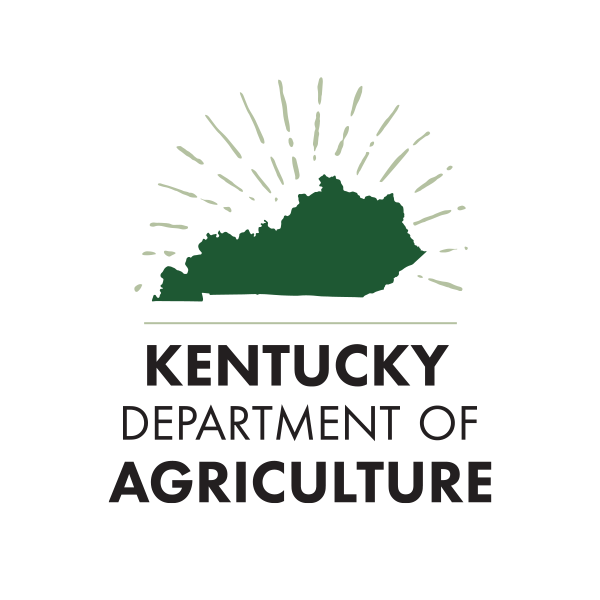Food insecurity is an international problem, and Kentucky is not immune to it. Learn how Kentucky agriculture is helping to feed our state and the world.
Kentucky, while known for its rich agricultural heritage, faces a stark contrast within its borders: a persistent hunger crisis. This issue, deeply entrenched in various socio-economic factors, not only impacts the health and well-being of many Kentuckians but also poses a challenge to the state's moral and social fabric. However, Kentucky's robust agricultural sector holds potential solutions to alleviate this pervasive problem.
The Scope of Hunger in Kentucky
Kentucky's hunger problem is more severe than many realize. According to Feeding America's 2021 report, Kentucky has one of the highest rates of food insecurity in the nation, affecting about 1 in 7 adults and 1 in 5 children. This means a significant portion of the population lacks consistent access to enough food for an active, healthy life. Food insecurity leads to various health problems, especially in children, impacting their physical growth, mental health, and academic performance.
Economic Disparities and Food Deserts
The crisis is exacerbated by economic disparities and the prevalence of food deserts – areas where access to affordable, healthy food options is limited. In Kentucky, these food deserts are often found in both rural and urban areas, making it challenging for low-income families to access nutritious food. The closure of grocery stores in these areas further aggravates the situation, forcing residents to rely on convenience stores with limited and often unhealthy food options.
The Role of Kentucky Agriculture
Kentucky's agricultural sector, renowned for its production of corn, soybeans, cattle, and poultry, among other commodities, can play a pivotal role in addressing this crisis. The state's farms and agricultural businesses are in a unique position to provide fresh, local produce to communities grappling with food insecurity.
Farm-to-Table Initiatives
One approach is the development of farm-to-table initiatives. These programs can bridge the gap between local farmers and underserved communities, ensuring a steady supply of fresh, nutritious produce. By partnering with local food banks, schools, and community centers, farmers can directly distribute their produce, benefiting both the community and local agriculture.
Community Supported Agriculture (CSA)
Community Supported Agriculture (CSA) programs are another avenue. These programs allow residents to buy shares of a farm's harvest in advance, providing farmers with upfront capital and consumers with regular deliveries of fresh food. CSAs could be subsidized for low-income families, making healthy food more accessible and affordable.
Agricultural Education and Awareness
Raising awareness about agriculture's role in food security is essential. Educational programs in schools and communities can promote understanding of where food comes from and the importance of local agriculture. These programs can also encourage home gardening, providing families with the knowledge and skills to grow their own food.
Policy and Funding
State policies and funding are crucial in supporting these initiatives. Incentives for farmers participating in food donation programs, grants for community gardens, and funding for agricultural education can make a significant difference in the fight against hunger.
The hunger crisis in Kentucky is a complex issue, but the state's agricultural sector has the potential to be a part of the solution. By fostering connections between farmers and communities, encouraging local food systems, and supporting agricultural education, Kentucky can take meaningful steps toward alleviating hunger. It's not just an issue of food distribution; it's about building a more resilient and equitable food system that serves all Kentuckians.
USDA ERS - Characteristics and Influential Factors of Food Deserts
Organizations and Programs Addressing This Issue
No Kid Hungry: No Kid Hungry is committed to ensuring that program sponsors, community organizations, and advocates have the resources and tools they need to ensure all kids have the food they need to thrive.
UK College of Dietetics & Nutrition: A resource list for UK students and beyond that addresses hunger, housing, and other basic needs.
Kentucky Hunters for the Hungry: Kentucky Hunters for the Hungry is a charitable volunteer-run organization comprised of responsible hunters and conservationists who encourage hunters to harvest and donate deer each season. KHFH is a statewide hunger relief program dedicated to providing a healthy source of protein to needy Kentuckians.
Latest News
Learn how farmers can use their extra produce to help the hungry!





